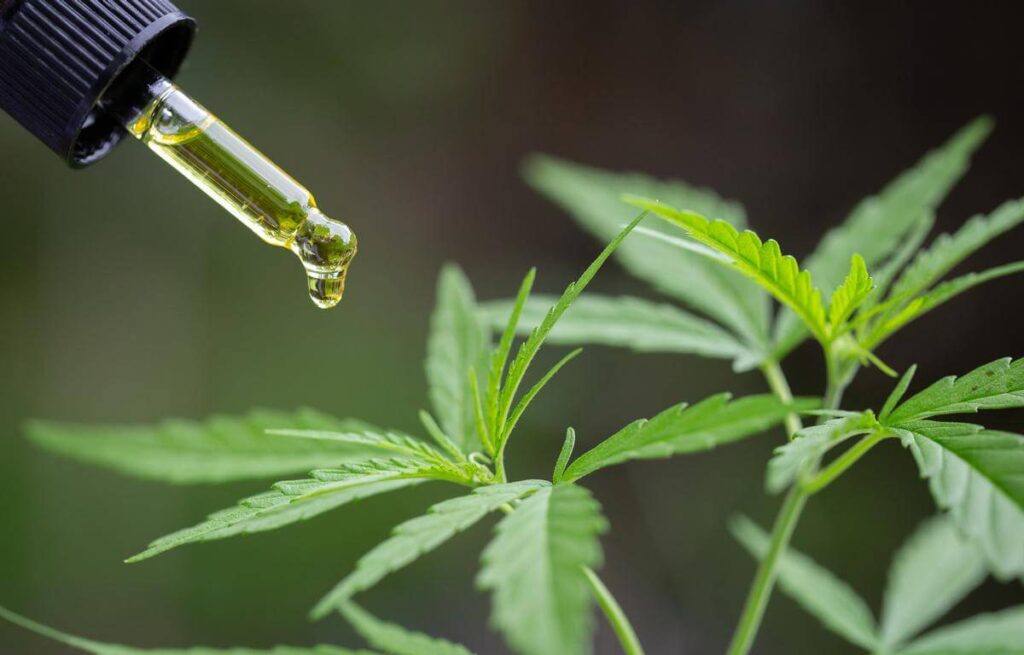Cannabis and Kidneys: CBD Cannabidiol, Cannabinoids. Information, Research and Dosage
Cannabis for Kidneys: Cannabidiol (CBD) and cannabinoids are chemical compounds of the cannabis plant. They are also the subject of various medical research as an alternative for several diseases. In this document, we will deal with kidney disorders and cannabis properties. It is no coincidence that researchers examine cannabis plants for kidney disorders because there is evidence that cannabis can be a valuable ally in kidney health, helping thousands of patients suffering from similar conditions.
Cannabis plants have many beneficial properties on human organisms. According to the research and testimonials of patients diagnosed with kidney disorders, cannabis helps manage symptoms, such as chronic pain, nausea, vomiting, anemia, itching, insomnia, and lack of prosperity and well-being. Both cannabis and cannabinoids present many advantages in contrast with the conventional medications prescribed for kidney disorders because they don’t cause additional kidney damage. Acetaminophen and opioid administration, in many cases, damage the kidneys’ cells, as they get metabolized in the liver but eliminated through the kidneys. The result of this procedure is the deterioration of the patient’s condition instead of health improvement. However, cannabinoids and cannabidiol also activate the liver’s metabolism, although CBD does not significantly burden kidney conditions because it is not toxic.
Kidney disorder: What is it, symptoms, kidney disease risks
Kidneys are part of the human body and are responsible for discharging wasted substances through blood circulation. It is a procedure aiming to preserve blood balance. Regular kidney function contributes to the body’s health, blood ph balance, blood pressure, and mineral and water adjustment. Furthermore, the kidneys contribute to organism homeostasis, releasing hormones like erythropoietin, calcitriol, and renin. Any kidney dysfunction or disorder causes immediate and extended problems throughout the body. Kidney diseases can be acute or chronic (over three months), appearing progressively depending on the cause. According to the official data, almost 10% of people worldwide have kidney disorders.

Kidneys Dysfunction Symptoms
- Sleep problems
- Appetite loss
- Back pain
- Fatigue
- Chronic pain
- Muscular cramps
- Ankles, feet, face, wrists, and abdomen swelling
- Dark urine
- Hypertension
- Concentration problems
- Nausea
- Vomit
- Weakened immune system
- Itching
Kidney diseases risk
- Heart failure
- Stroke
- High blood pressure
- Hyperkalemia
- Anemia
- Uremia
- Hypercalcemia
- Hyperparathyroidism
- Skin disorders
- Weakened immune function
- Sexual disorders
- Neurological Disorders
- Death
Prevention is an essential key to all disorders. Hence, it is wise to have regular checkups, especially if there is a family health history or symptoms. Among the most common causes of kidney dysfunction are the human immunodeficiency virus – HIV, lupus, hepatite B and C, diabetes, high blood pressure, heart diseases, smoking, obesity, and nephrotoxic or non-steroidal anti-inflammatory (NSAID) drugs.
Cannabidiol CBD and Kidney Disorder. What studies show on Cannabidiol and Cannabinoids?
We should pay attention to kidney diseases, communicate with a nephrologist, and do regular checkups to ensure body balance or treatment, if necessary. Cannabidiol CBD can often be part of a holistic alternative therapy for dealing with kidney disorders. Up to date, the data are already encouraging, demonstrating that CBD cannabidiol oil can protect the kidney from future damage or even slow down the progress of kidney disease. Even regular cannabis use doesn’t affect the physiological kidney function nor has side effects, or is it connected with kidney damage.

At this point, we should underline our body’s essential endocannabinoid system function. Every organ in our body has neuroreceptors CB1 or/and CB2. In the kidneys, there are both of them. These endocannabinoid receptors are responsible for homeostasis balance and managing damage or dysfunction. However, endocannabinoid deficiency relates to renal disorders. The data about cannabidiol indicate that this cannabinoid alleviates pain correlated with kidney disease side-effects, slowing its progression.
According to researchers, CBD can alleviate kidney inflammation, protecting them from impending oxidative renal detriment. A study published on the scientific website The Journal of Pharmacology and Experimental Therapeutics refers that cannabidiol can reduce inflammation, alleviate oxidative stress and decelerate cell damage improving the nephrotoxicity caused by renal insufficiency, drugs, or toxins.
Another study published in 2017 in the American Journal of Physiology concluded that cannabinoids can potentially have beneficial properties in regular kidney function.
American Journal of Physiology
A similar 2018 American Society of Nephrology study found that cannabis users with renal dysfunctions had a faster disease decline than non-cannabis users. According to a 2020 review in the Current Opinion in Nephrology and Hypertension, there is no evidence of the negative cannabidiol effect (medical cannabis) on renal function. Au contraire, the data show that CBD prevents cisplatin-induced nephrotoxicity, reducing oxidative stress. However, great attention is essential when using CBD products because they could contain contaminants, heavy metals, pesticides, and solvents.
As the above referred, kidney deficiency could cause a stroke episode. But, the good news is that the American Academy of Neurology recognizes that cannabis can have future therapeutic applications in neurological disorders. Also, the 66th AAN annual meeting underlined the beneficial properties of cannabis in stroke prevention. We should point out, on that occasion, that AAN recommends not using the phrase “medical cannabis” but rather the use of “cannabis for medical purposes”.
CBD Cannabidiol Dosage: Cannabis’s role in the kidney
When we have renal dysfunctions, we should consult a physician before starting CBD Cannabidiol dosage (Cannabis for the Kidneys). At this point, we mention that the body excretes cannabidiol CBD and tetrahydrocannabinol THC through the feces. However, CBD dosage requires no adjustment for those with a chronic kidney disorder. Of course, everything is relative to the disease staging, the health of the person, and the medical prescription.
In detail, we mention that the data show the beneficial effect of CBD in large concentrations in kidney disorders. Although to avoid undesirable effects, the recommended dosage starts with a low CBD percentage increasing gradually. If we want to calculate cannabidiol potency, we should consider a low dosage of 1 mg/4,5 kg, a moderate dosage of 3 mg/4,5 kg, and a high dosage of 6 mg/4,5 kg.
Cannabis, cannabinoids, cannabidiol, and many herbs of nature have recognized beneficial properties in the human body, reducing symptoms of diseases and disorders, such as renal dysfunctions. We would like to specify that the best alternative cure comes after consulting our physician for immediate results, especially if someone is under medication.

Need help? Would you like to learn more about medical cannabis and CBD? Do not hesitate to contact us at info@hempoilshop.gr, reach us on our social media channels, or visit one of our stores.

